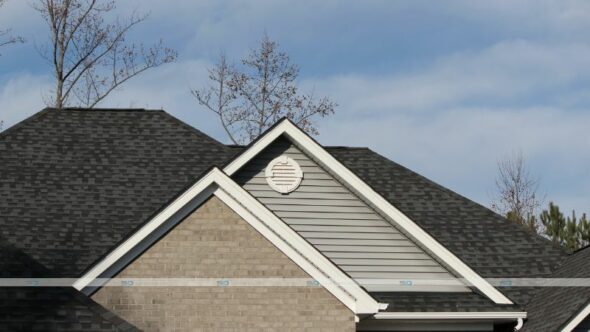Having House Insurance Plans with the help of a reliable home insurance agency is one of the most crucial part of being a responsible property owner, and oftentimes it’s the only thing standing between your family and financial oblivion in the event of a fire, flood, or similar disaster. Nevertheless, thousands of homeowners are struggling to make ends meet when it comes to grappling with home insurance costs, which can quickly spiral out of control if you signed a bad agreement or find yourself in financial hot water elsewhere.
It’s time to stop living in fear of missing your next home insurance payment. Here are 5 tips to make home and flood insurance costs without struggling, and what savvy homeowners learned to do long ago.
1. Learn how to shop around
Before you can secure an excellent policy which will feature affordable payments in the long-run, you must learn how to shop around when seeking out an insurance agency. Common mistakes that homeowners make when purchasing their first policy can haunt them for the rest of their lives, yet too few people take time out of their day to review the simple mistakes that can end up setting you back. Knowing how to shop around begins with knowing what not to purchase, as those who don’t know about the simple mistakes that hold most homeowners back will inevitably face step costs that will see them struggling after a few years. There are Insurance Brokerage Valuation companies that you can contact to help you make the best decision when it comes to choosing your insurance provider.
2. Higher deductibles are worth considering
For those who are really struggling with paying their insurance rates, the root cause of their issue is more often than not a low deductible. Having a low deductible guarantees that you won’t be responsible for the majority of the damage incurred should your house fall in danger, yet it means that your monthly premium is going to be steep and sometimes tough to deal with.
Higher deductibles are a risk worth considering, as they can ensure you’ll enjoy lower premiums every month. On the other hand, however, higher deductibles also come with increased risk, as you’ll have to pay for more in the event that your house burns down, or a similar tragedy occurs. Weigh your specific situation and the danger your home is in before considering a higher deductible but understand that the higher your deductible the more manageable your monthly costs will be.
3. Disaster-proof your home
In this day and age, home insurance rates are skyrocketing because natural disasters are growing more frequent and severe across the United States. In California, for instance, terrible wildfires have greatly disrupted the car insurance industry, look into these Expert Tips on Buying Car Insurance Online. Global climate change is leading to more frequent floods in some areas, drier conditions which lead to fires in others, and an insurance market which is generally unfavorable to homeowners. One way to prepare for water damage is to have a sump pump readily available on your premises. This device will help you to remove water that has accumulated, especially in your basement. You can find the best ones on the market at https://homerdiy.com/everbilt-sump-pump-reviews/.
You don’t have to take this sitting down but can instead take steps to disaster-proof your home, thereby proving to insurance companies that you’re less of a risk than your neighbors. Many homeowner insurance plans won’t cover things like earthquakes or other natural disasters, so taking things into your own hands and storm-proofing your home is a surefire way to manage the costs of your home insurance. For those in areas with major natural disasters, this method isn’t just recommended but indeed will be necessary as time goes on if you want home insurance at all.
4. Know the perks of bundling your insurance
Most insurance providers will offer you serious perks if you choose to bundle your insurance, which entails purchasing multiple plans from the same provider. Having the same company insure your home and vehicle is a surefire way to mitigate the rates you’ll pay in the long term, for instance, so reviewing how to properly bundle your insurance is a must for any new homeowner.
Not all companies are the same, however, so it’s imperative to remember the first tip and shop around thoroughly before bundling your insurance. A package offered to you by one provider could pale in comparison to that offering of the next, for instance, yet you’ll never know this until you look for yourself.
5. Consider annual premiums
Monthly premiums are the norm for many people, yet annual premiums are a helpful way to manage your skyrocketing home insurance costs without struggling. Annual payments are shunned by many for one simple reason – they’re infrequent, which means they’re necessarily larger. Most annual payments are sizable chunks of cash that many homeowners will be remiss to part with yet making an annual payment can actually save you money in the long run by proving to your insurance company that you’re a customer who means business.
Insurance companies love to get paid, so they reward customers who choose annual premiums more often than not. If you’re struggling to make home insurance costs, embracing the power of an annual premium could supercharge your finances and help you secure your forever home.






